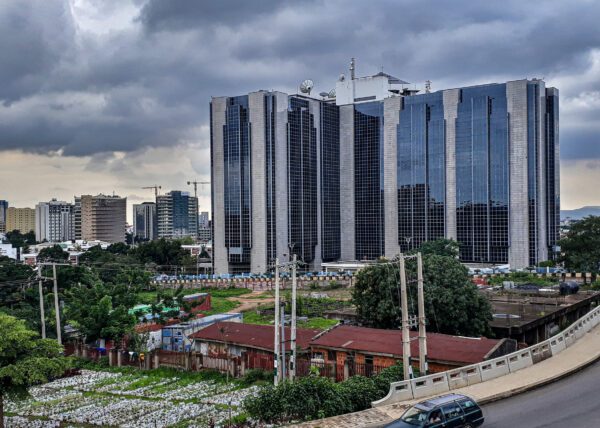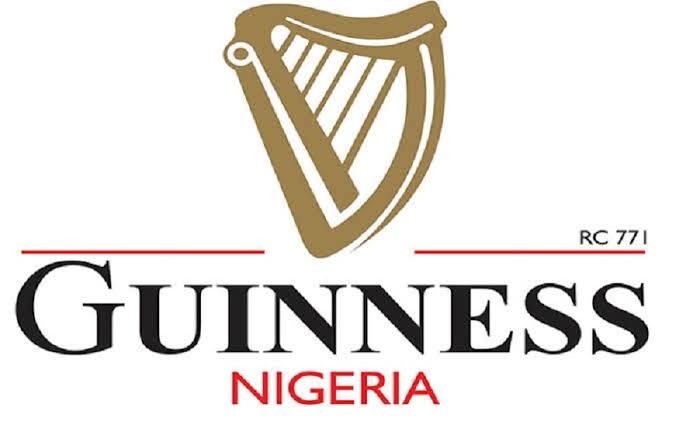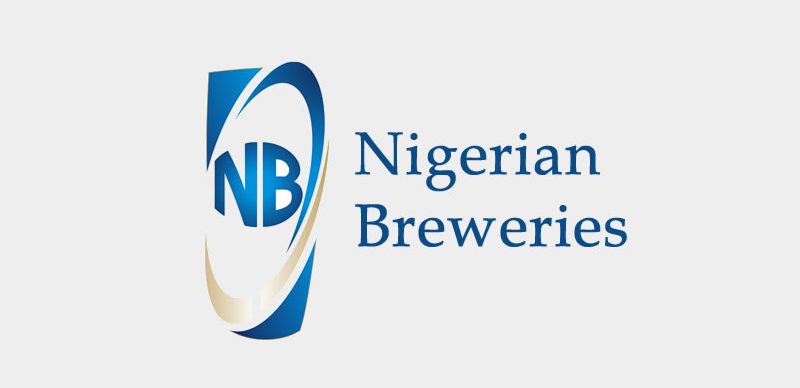Kayode Tokede
Following elevated provisioning due to industry‑wide wind‑down of the Central Bank of Nigeria (CBN) forbearance regime, 10 top deposit money banks in the country declared N1.58 trillion loan impairment charges in half year ended June 2025, about a 59.6 per cent increase over N991.97 billion declared in the corresponding period of 2024.
This is as the lenders are making moves to reduce the negative impact of macro-economic challenges on their risk assets.
The loan impairment charges, often referred to as loan losses or credit losses, reflect provisions set aside by banks to cover potential defaults and deterioration in the value of their financial assets.
The figure represents the cost of risky lending and exposure to a volatile macro-economic environment, including inflationary pressure, naira depreciation, and constrained consumer and business liquidity.
The banks are: Access Holdings Plc, Guaranty Trust Holdings Plc (GTCO), First Holdings Plc, Zenith Bank Plc and United Bank for Africa Plc (UBA).
Others include; Ecobank Transnational Incorporated (ETI), Wema Bank Plc, Sterling Financial Holdings Company Plc, FCMB Group Plc, and Stanbic IBTC Holding Plc
Amid hike in loan impairment charges, the 10 financial institutions, thus, declared N3.38 trillion profit before tax in H1 2025, about 5.98 per cent decline from N3.6 trillion declared in H1 2024.
THISDAY analysis of the banks’ financials results revealed that Zenith Bank, followed by ETI, and Access Holdings, significantly increased their loan impairment charges in the period under review.
While Zenith Bank recorded N769.8 billion loan impairment charges in H1 2025, an increase of 83.2 per cent increase from N415.29 billion in H1 2024, ETI posted N263.99 billion loan impairment charges, about 40.4 per cent increase over N187.99 billion posted in 2024.
Access Holdings posted N230.07 billion loan impairment charges, representing an increase of 87.4 per cent when compared to N122.7 billion declared in 2024.
Analysts noted that the N769.8 billion loan impairment charges by Zenith Bank paved the way for the H1 2025 interim dividend pay-out to shareholders. Zenith Bank declared an interim dividend amounting to N1.25 per share.
The Group Managing Director/CEO, Zenith Bank, Dame Dr. Adaora Umeoji, had in a statement stated that, “In the face of elevated provisioning due to the industry‑wide wind‑down of the CBN forbearance regime, our total asset quality has recorded a marked improvement while our balance sheet remains strong, liquid and well positioned to capture emerging opportunities across our core markets.”
She added that, “The Group’s profit before tax stood at N626 billion in H1 2025 as against N727 billion in H1 2024. Profit after tax also moderated to N532 billion in the same period, despite the impact of the substantial loan provisioning required for a one-off write-off of forbearance loans. Earnings per share (EPS) came in at N12.95 in the period under review.”
Analysts attributed Zenith Bank and Access Holding growth in loan impairment charges to regulatory compliance that has to do with the forbearance package of the CBN.
The CBN had said the move was part of its ongoing efforts to strengthen the resilience and stability of the Nigerian banking sector. It had reviewed the capital positions and provisioning adequacy of banks currently operating under approved regulatory forbearance regimes, specifically with credit exposures and Single-Obligor Limits.
Zenith Bank and Access Holdings had stated that they would comply with the apex bank’s directive on regulatory forbearance by June 30, 2025.
This followed the June 13, 2025, circular from the CBN, which barred affected banks from paying dividends, bonuses and investments in foreign subsidiaries over regulatory forbearance in respect of the Single Obligor Limit and other credit facilities.
But the Company Secretary, Zenith Bank, Michael Otu, had stated that, “The bank has successfully raised and surpassed the new regulatory capital requirement of N500billion. The bank’s exposure under the SOL forbearance relates solely to a single obligor. We are confident that this exposure will be brought within the applicable regulatory limit on or before June 30, 2025.
“With respect to the forbearance granted on other credit facilities, the bank confirms that this applies to only two customers. We have made substantial provisions in respect of these facilities and have taken appropriate and comprehensive steps to ensure full provisioning by 30 June 2025. Upon completion, the bank will no longer be under any forbearance arrangements in this regard. The bank expects to have exited all CBN forbearance arrangements by the end of the first half of 2025.”
Other lenders affected with forbearance package include First Holdings that announced in its unaudited results for H1 2025 about N185.4 billion loan impairment charges, up by nearly 99.4 per cent from N92.99 billion reported in H1 2024.
In its audited result and accounts, GTCO declared N54.97 billion loan impairment charges in H1 2025, an increase of 16 per cent from N47.4billion in H1 2024, while UBA announced N35.15billion loan impairment charges in H1 2025, a drop of 40 per cent from N58.6billion reported in H1 2024.
FCMB Group posted N36.22 billion loan impairment charges in H1 2025, 15.6 per cent up from N31.34billion in H1 2024.
However, GTCO and Stanbic had emerged as early movers, having fully exited their forbearance positions well ahead of the June 2025 deadline.
While banks increased their lending partly due to the CBN’s policy on loan-to-deposit ratio (LDR), which is put at 65 per cent, macro-economic challenges in Nigeria and Sub-Saharan Africa countries and complying with CBN’s forbearance package policy have disrupted interim dividend payout to shareholders.
Capital market analysts stated that the growing loan impairment charges do not come as a surprise following some Tier-1 banks’ move to meet with the CBN’s June 30, 2025, forbearance packaging regulation.
Recently, Renaissance Capital Africa revealed that six Nigerian banks hold about $3.52 billion in forbearance loans.
According to a report titled, ‘Nigerian Banks: Cash is King,’ released, the investment firm indicated that the banks would be impacted by the CBN’s directive that lenders under the regulatory forbearance suspend dividend payments to improve their capital base.
In absolute terms, Renaissance Capital said estimated regulatory forbearance exposures at $304 million, $887 million, $134 million, $$282 million, and $1.6 billion for Access Corp, First Holdco, FCMB, UBA, and Zenithbank, respectively.
Investment Banker & Stockbroker, Mr. Tajudeen Olayinka in a chat with THISDAY, stated that the investigated Tier-1 financial institution had to comply with CBN directive on the need to pay dividends.
“These Tier-1 banks are expected to clean up by June, ending in a move to pay an interim dividend to shareholders. Some banks took advantage of cleaning up and are paying interim dividends.
“The huge loan impairment charges by these banks are attributed to CBN’s forbearance package of June 30, 2025, deadline. Some banks extended it and did not make provisions- they are expected to spread it and will not pay an interim dividend to shareholders.”






